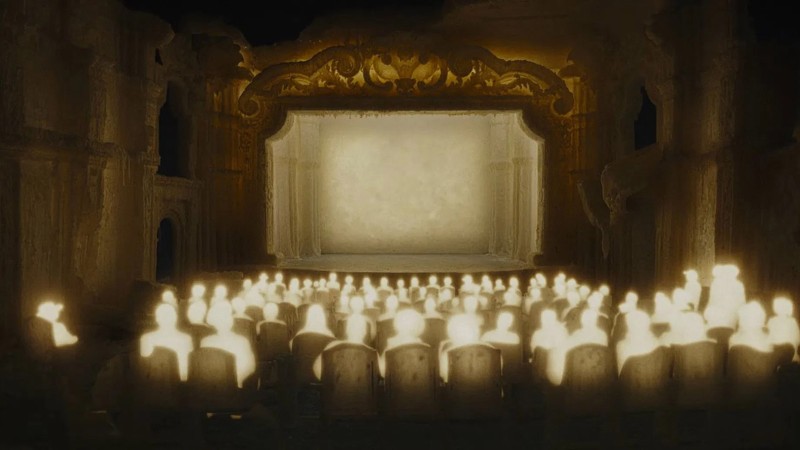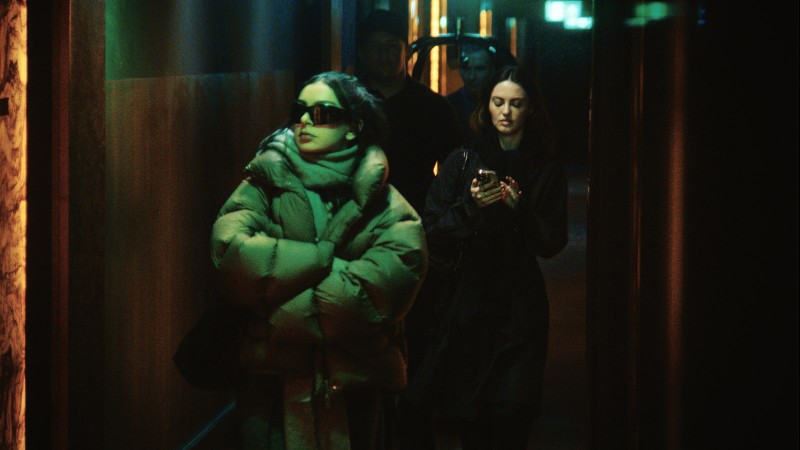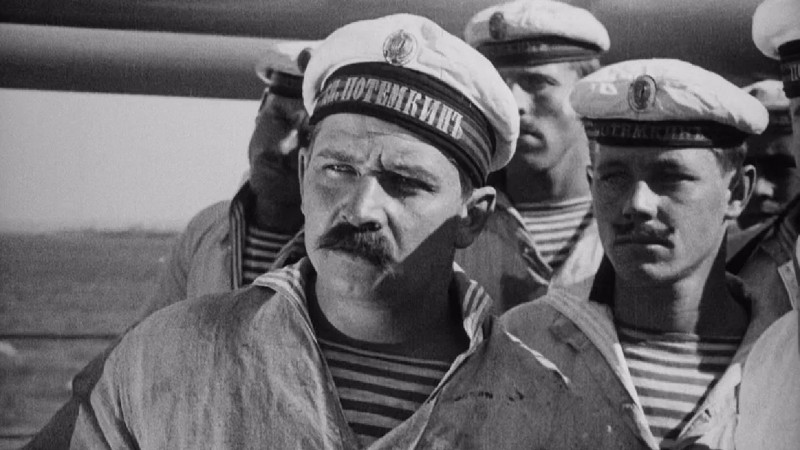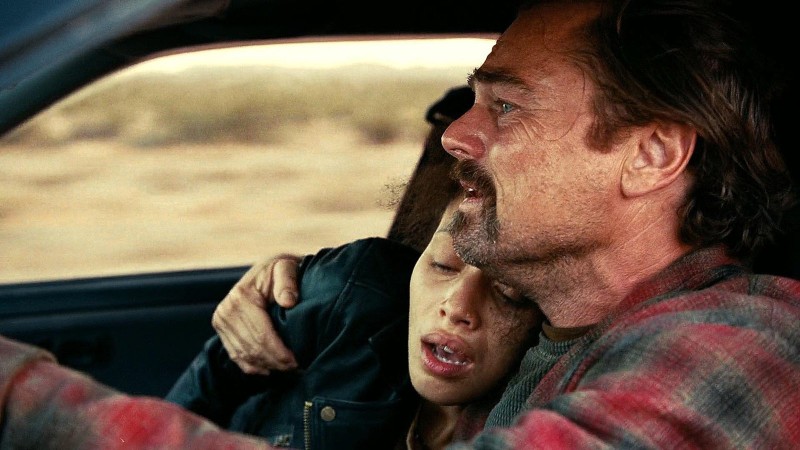“So Much More Than Movies”
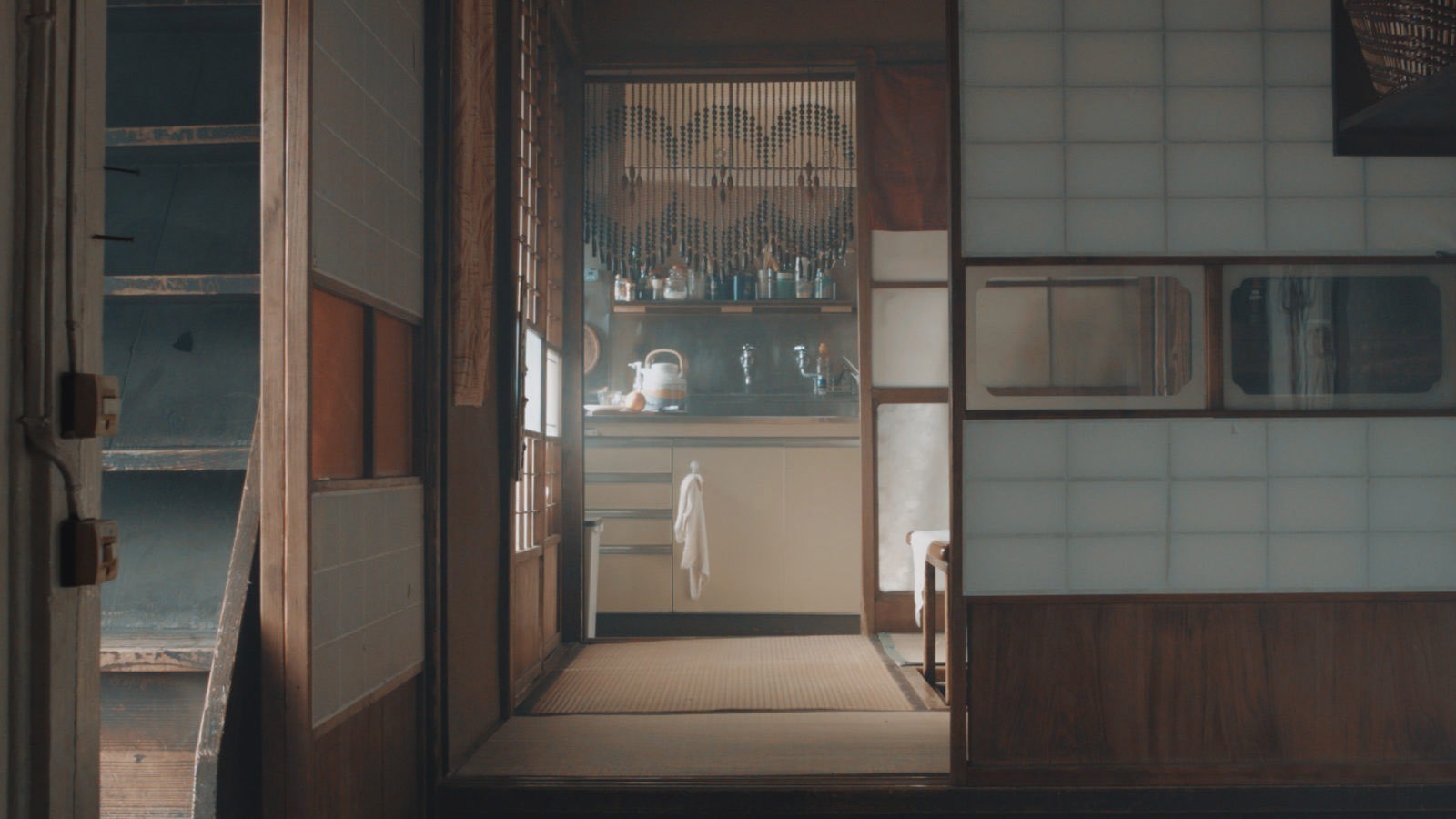
Two quietly remarkable features by Yui Kiyohara open at New York’s Film at Lincoln Center today. Both films gently roll out parallel stories, and while Our House (2017) takes a few more narrative swerves than Remembering Every Night (2022), it’s ultimately the more mysterious of the two. At fourteen, Seri (Nodoka Kawanishi) already yearns to stop time and maybe even reverse it so that she might reunite with her missing father. But her boundlessly patient mother, Kiriko (Yukiko Yasuno), is anxious to get on with her life and remarry.
- Time’s Stephanie Zacharek talks with Martin Scorsese, and “the stories he tells me during our three-hour interview—about falling in love with westerns as an asthmatic kid, or about his Aunt Mary taking him to a double bill of Bambi and Jacques Tourneur’s great obsessive noir Out of the Past at age six—are about so much more than movies. Even people who love movies often talk about them in a way that disconnects them from life; it’s easier to jaw on about camera angles than it is to explain how a film speaks to our soul. Scorsese can articulate all of it.” Killers of the Flower Moon will open on October 20, and Scorsese says that there’s “a fierceness and serenity at the same time” in Lily Gladstone’s performance. In Interview, Gladstone tells Kelly Reichardt that she believes Scorsese cast her because he saw Certain Women (2016).
- Mexican director Arturo Ripstein has been “one of the pillars of his nation’s independent moviemaking throughout the second half of the twentieth century,” writes Carlos Aguilar in a profile for the Los Angeles Times. Ripstein and Paz Alicia Garciadiego, his longtime screenwriter and wife, are in town for a retrospective running at the Aero Theatre and Los Feliz 3 through September 23. Gathering praise for the filmmaker from Alfonso Cuarón, Alejandro González Iñárritu, and Guillermo del Toro, Aguilar notes that Ripstein “occupies a vaunted status at home, entrenched between the sordid and the sublime. (Imagine a cross between Michael Haneke and Pedro Almodóvar.) Addictively, he evokes realms of unvarnished humanity, always steeped in morally objectionable behaviors and desires.”
- Two vital publications are going through some major changes. Cinema Scope editor Mark Peranson has been warning for some time that the magazine is under-financed and that he and his team are overworked. Now, he writes, “I am ninety-nine percent sure that this will be the penultimate issue of this magazine with the current publishing schedule of four issues per year.” Will Cinema Scope go online-only or even fold altogether? “I’m withholding any final reflections until we make it to the winter.” Film Quarterly, in the meantime, has a new editor in chief, Rebecca Prime. After ten years, B. Ruby Rich has written her fortieth and final editorial, an essential survey of a decade of “massive upheaval” for cinema.
- Adrian Martin has posted a fresh round of essays, and in one of them, he writes about Tout va bien (1972), its historical moment, its impact on film criticism, and the role it played as a turning point in the lives and careers of its makers, Jean-Luc Godard and Jean-Pierre Gorin. “For those who loved it or were in some way affected by it in the ’70s, Tout va bien really was a return of early ’60s Godard,” writes Martin. “The montage, the famous long, lateral camera movements, the framing, the vibrant Pop Art color scheme—all these things have enormous energy. The sensual pleasure in the filmmaking process shows, especially after the austere rigors of the Dziga Vertov blackboard-laboratory films . . . Yet none of this sensual pleasure seemed like a compromise—neither an aesthetic nor a political compromise.” Tout va bien “seemed, for a part of the ’70s, to represent a merger—which turned out to be a fragile merger—between left-wing politics and cinematic pleasure.”
- At Hazlitt, Mayukh Sen, the author of Taste Makers: Seven Immigrant Women Who Revolutionized Food in America, has launched a new series of essays, Brown Hollywood, with an appreciation of Boris Karloff, who was born William Henry Pratt, the youngest and perhaps the unhappiest child of Anglo-Indian parents in London. Playing the “misunderstood monster aching for connection” in James Whale’s Frankenstein (1931) and a centuries-old Egyptian priest and his human avatar in Karl Freund’s The Mummy (1932), Karloff, writes Sen, “was able to wring pathos from parts that could easily have repelled sympathy, detecting humanity in the inhumane.”
